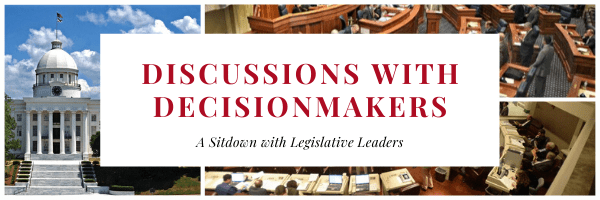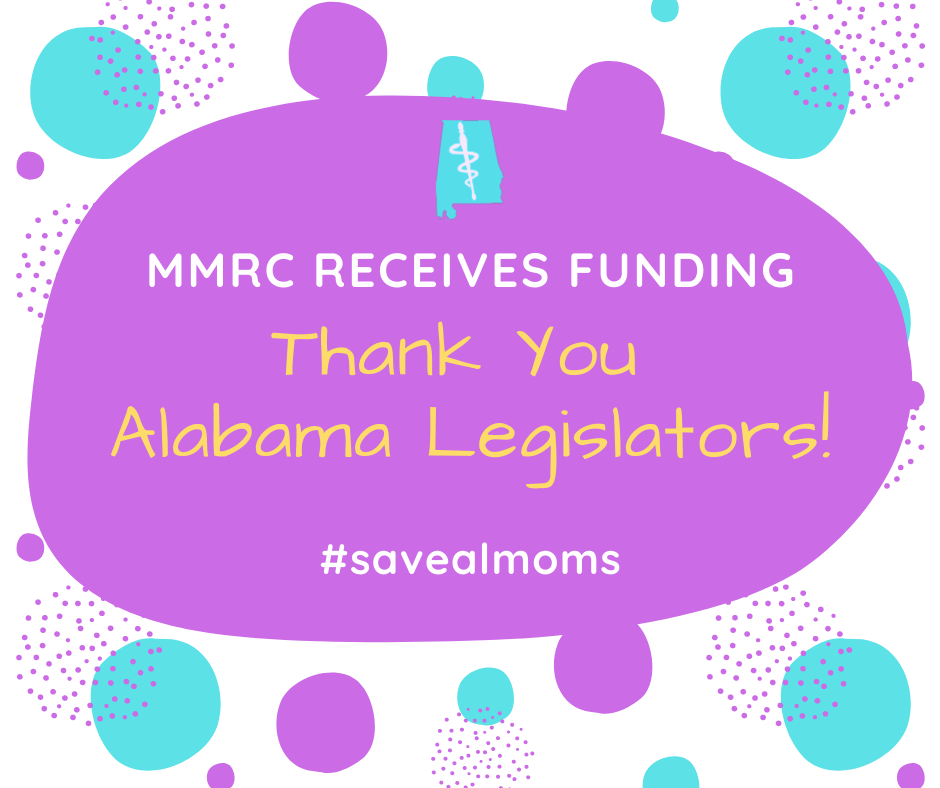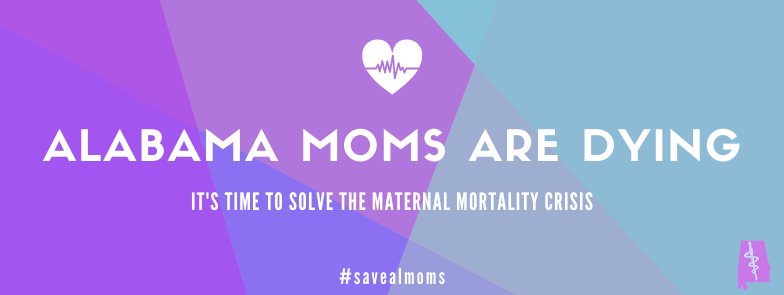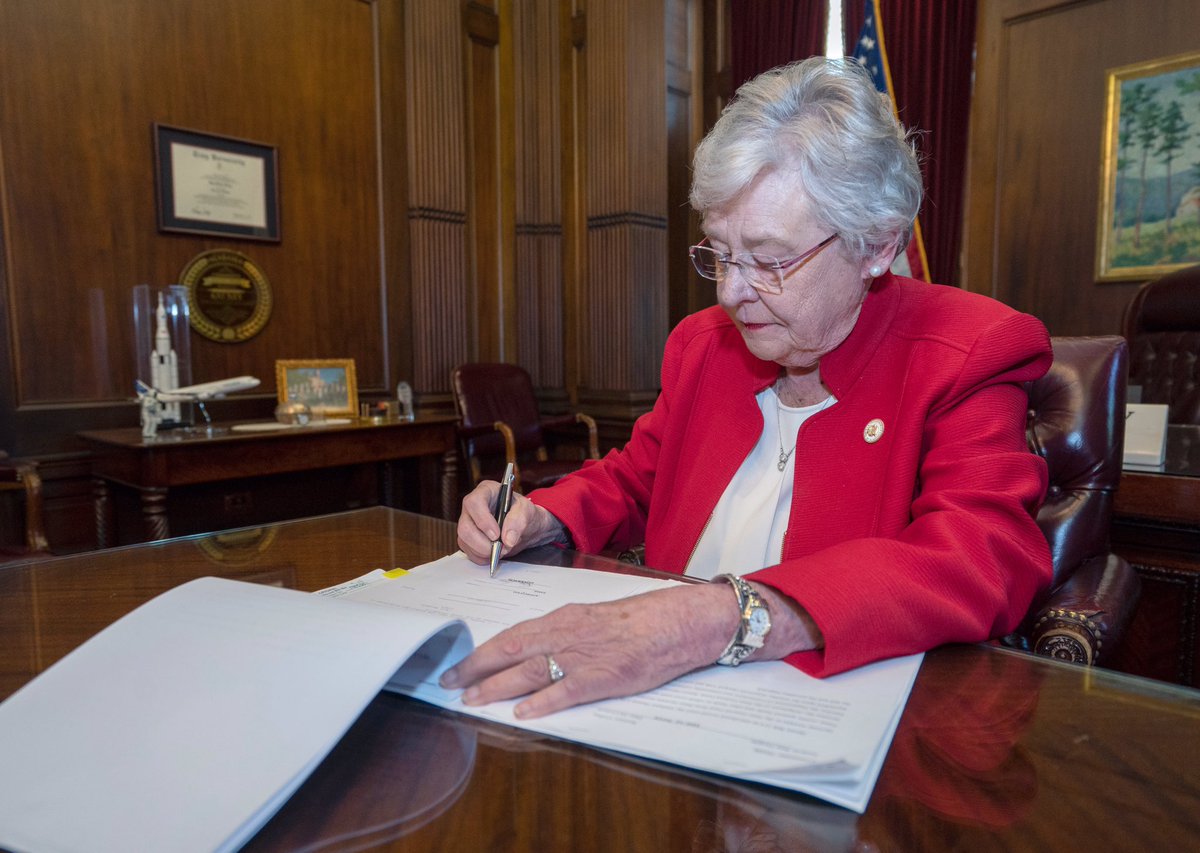Category: Advocacy
-

Physicians Perspective: Dr. Chris Adams Talks Telemedicine
Adversity and necessity mandate invention. During the COVID-19 pandemic, telemedicine has been transformed almost overnight into a necessary medical tool for remaining connected to our patients. Without warning, physicians suddenly found themselves in the position of adding communication technologies, learning regulatory requirements, and adapting to an entirely new way of interacting with patients, sometimes reinventing…
-

Discussions with Decisionmakers: Senator Dan Roberts
1. Please tell us a little bit about yourself – Primary occupation? Interests? Hobbies? Growing up, my family moved around a good bit, and we lived as far north as Buffalo, New York, and as far south as Mobile, Alabama. That said, I finished high school in Birmingham and went on to Auburn University where…
-

Physicians’ Perspective: Dr. Lindsay Robbins & Funding the MMRC
The Alabama Maternal Mortality Committee completed its inaugural year, reviewing a full year’s worth of maternal deaths in the state of Alabama. During the review process of each maternal death, the committee ensures that the cause of death is recorded correctly, weighs in on whether or not the death was preventable, and makes recommendations to…
-

Discussions with Decisionmakers: Rep. Laura Hall
1. Please tell us a little bit about yourself – Primary occupation? Interests? Hobbies? I am a native of South Carolina, though I’ve been in Alabama for 47 years now. My background is in education, with 25 years having been spent teaching science at J.O. Johnson High School. While I chose to stay in South…
-

Funding the Maternal Mortality Review Committee: An Effort to #SaveALMoms
The Statistics According to the most recent statistics, Alabama’s 2018 maternal death rate of 36.4 maternal deaths per 100,000 live births means women in this state die from pregnancy and childbirth complications at more than double the rate of women nationally (17.4 deaths). The numbers also mask a glaring racial disparity: black women die at…
-

Discussions with Decisionmakers: Rep. Paul Lee
Get to Know Representative Paul Lee Please tell us a little bit about yourself – Primary occupation? Interests? Hobbies? I am the currently Executive Director of the Wiregrass Rehabilitation Center, which is located on a 26-acre campus in Dothan and hosts over 200 employees. At Wiregrass Rehab, we work to assist individuals in securing employment, overcoming…
-

ALAPAC Announces Support for Carl, Coleman in Congressional Races
The all-physician board of the Alabama Medical PAC, ALAPAC, voted recently to support several candidates in their bids for federal office: In Alabama’s First Congressional District, the ALAPAC Board voted to support Jerry Carl. In Alabama’s Second Congressional District, the ALAPAC Board voted to support Jeff Coleman. The ALAPAC Board considers many factors in making…
-

Advocacy Efforts During COVID-19
The spread of COVID-19 has affected nearly all aspects of our daily lives. For the Medical Association’s efforts in protecting physicians and patients, this was also true. Nonetheless, between March 13 (when Gov. Ivey issued the COVID-19 state of emergency) and mid-May, our advocacy work continued in full-force. Executive Actions & Proposals Worked with various…
-

Gov. Ivey Provides Physicians Liability Protections from COVID-19
Today, Gov. Ivey issued an executive order protecting physicians, their staff, and their practices from lawsuits related to COVID-19. The governor’s order, the eighth such supplemental emergency order issued by her administration since the pandemic began, provides a “safe harbor” for services affected by COVID-19 or Alabama’s response to the pandemic and from other COVID-19…
-
COVID-19 State Liability Protection Bill to Be Filed
Alabama State Senator Arthur Orr (R-Decatur) is preparing to file a bill today to provide liability protection to physicians, health facilities and businesses from claims arising from COVID-19 and the state’s response to the pandemic. “These are unprecedented times and the Legislature must take swift action to protect physicians and businesses from COVID-19 frivolous lawsuits,”…